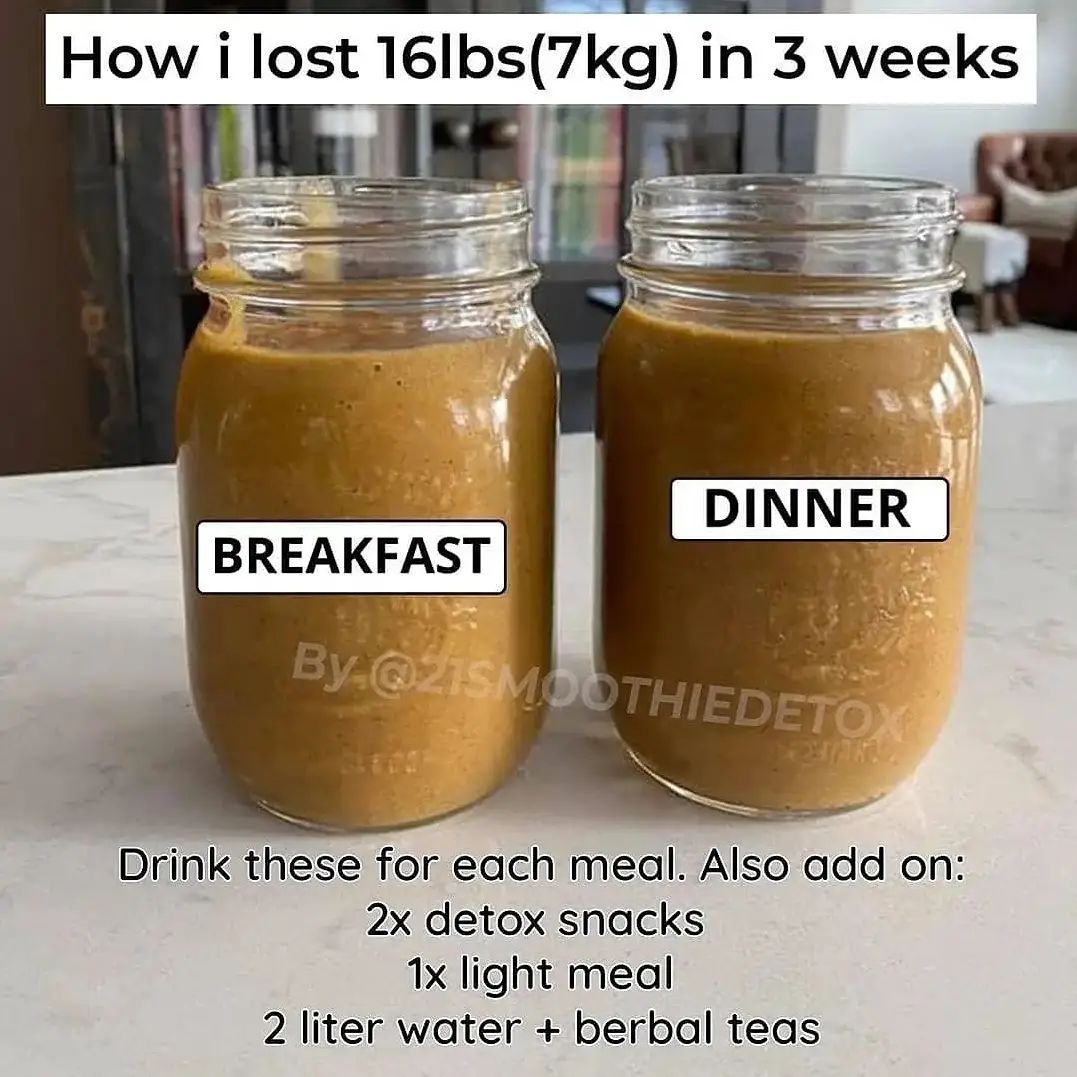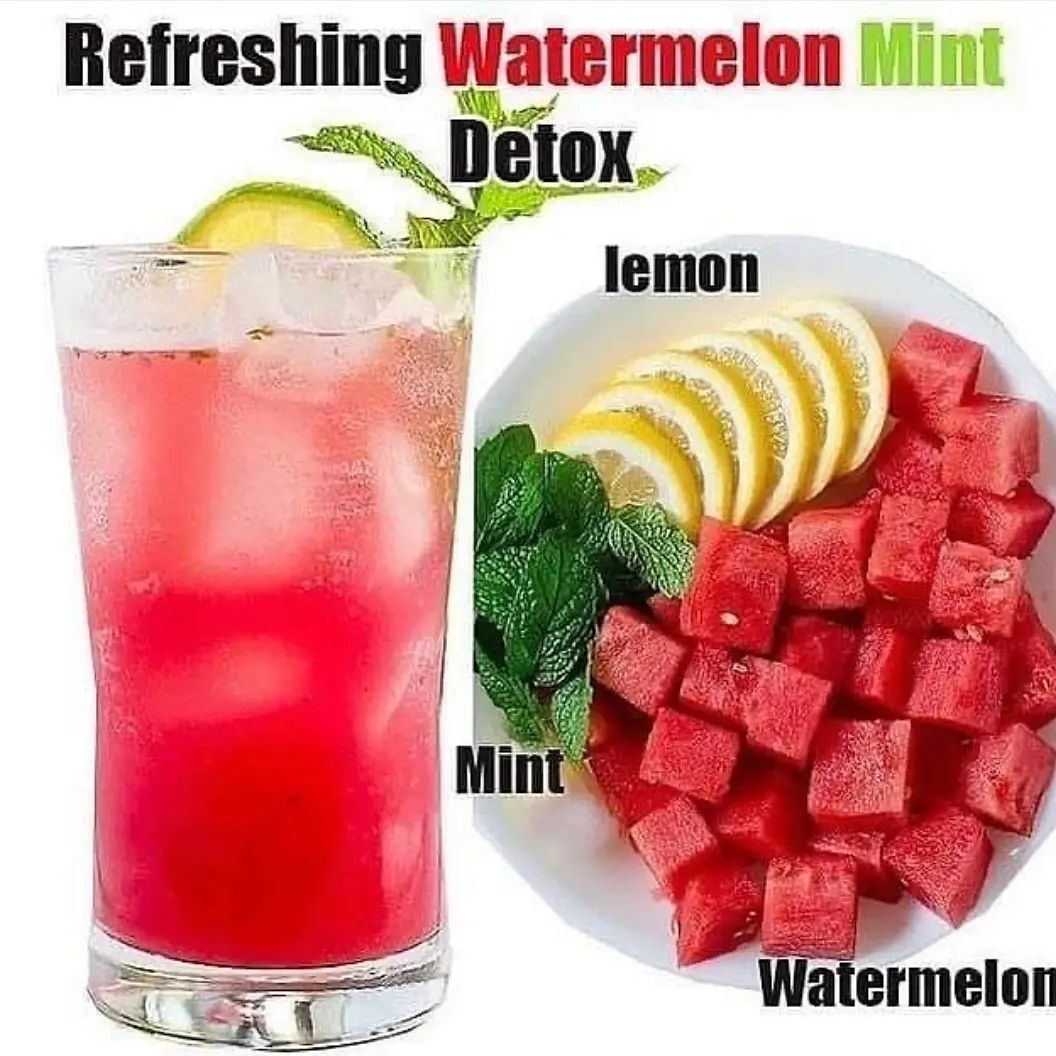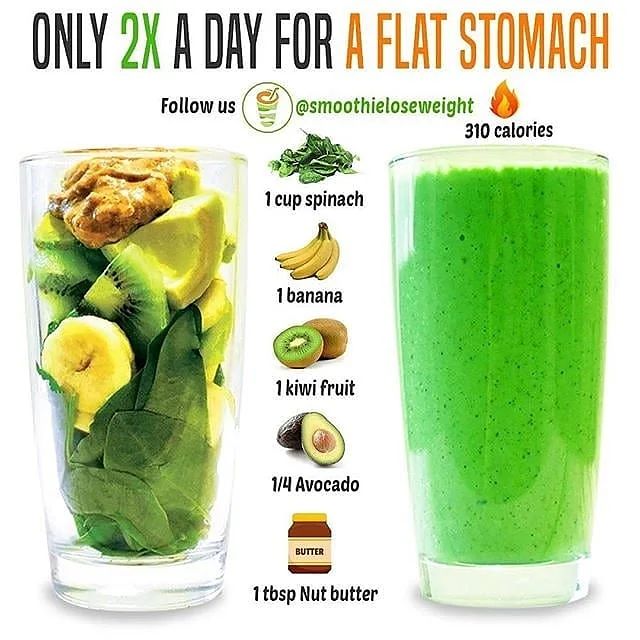Who knew that having two smoothies per day could bring so many health benefits?! And in ONLY 21 DAYS!! 🙌
So, how does it work? Check the link and take the ➡️ “21 smoothie diet challenge”
Omega-3 fatty acids are essential nutrients that play a crucial role in maintaining heart health, brain function, and overall well-being. While fish is traditionally known as a rich source of omega-3s, many people seek plant-based alternatives for dietary, ethical, or environmental reasons. Thankfully, nature provides an abundance of fish-free omega-3 sources that are healthy, sustainable, and cholesterol-free.
Top Plant-Based Sources of Omega-3s
-
Flax Seeds
Flax seeds are one of the richest sources of alpha-linolenic acid (ALA), a type of omega-3 fatty acid. A tablespoon of ground flax seeds added to smoothies, oatmeal, or baked goods can significantly boost your intake. -
Hemp Seeds
Hemp seeds provide a balanced ratio of omega-3 to omega-6 fatty acids. They are versatile and can be sprinkled on salads, yogurt, or even blended into plant-based milk. -
Sesame Seeds
While primarily known for their calcium and magnesium content, sesame seeds also contain omega-3 fatty acids. Toast them for a nutty flavor and add them to dishes for both texture and nutrition. -
Algae Oil and Seaweed
Algae oil is a direct source of DHA and EPA, the same omega-3 fatty acids found in fish. Seaweed varieties like nori and spirulina are also excellent plant-based options, making them perfect for those following a vegan lifestyle. -
Walnuts
Walnuts are a delicious snack packed with ALA omega-3s. Enjoy them on their own, as a topping for breakfast bowls, or blended into creamy walnut butter.
Benefits of Plant-Based Omega-3s
Choosing plant-based omega-3 sources comes with numerous benefits:
- No Cholesterol: Unlike fish, plant-based options are free of cholesterol.
- Low Contaminants: They do not contain mercury or other pollutants often found in seafood.
- Sustainability: Growing seeds, nuts, and algae has a lower environmental impact compared to fishing.
Tips for Maximizing Omega-3 Intake
- Incorporate a variety of these foods into your diet to ensure a balanced omega-3 to omega-6 ratio.
- Consider supplements like algae oil if you need higher doses of DHA and EPA.
- Grind seeds like flax and sesame before consuming to enhance nutrient absorption.
By including these plant-based options in your meals, you can meet your omega-3 needs while supporting your health and the planet.











![Follow @conveganence for daily vegan recipes!
•
Recipe (yields 2-3 servings)
🌱Ingredients
- 1 small head cauliflower, wash & cut into florets & pat dry with paper towels
- 1 small green bell pepper, cubed
- 1/2 small red onion, cubed
- 2 cloves garlic - sliced
- 1/4 cup [40g] dry roasted cashews
- 4 dried Thai chilis/red chilis, softened in hot water & drained
- oil for frying & cooking
🌱Batter
- 3/4 cup [96g] all-purpose flour
- 1/2 - 3/4 cup ice-cold water
- 1/4 teaspoon salt
- a few shakes of white pepper
🌱Sauce Mix together 2 tablespoons soy sauce/tamari, 1/2 tablespoon thick dark soy sauce (for color), 1/2 tablespoon sugar & 3 tablespoons Chinese cooking wine/sherry/broth in a bowl & set aside.
✅Place batter ingredients in a large mixing bowl & stir to combine. The batter should be thick like a pancake batter.
✅Dredge florets in batter, shake off excess & fry until golden brown (temperature 375F/190°C & I used a small saucepan). Then drain on paper towels.
✅Alternatively, grease a baking sheet pan with oil, place coated florets on the pan. Brush florets with oil & bake at 485F/
250°C until light golden brown for about 20-25 mins, be sure to flip halfway. For the last few minutes, broil to get a crispier ure (oven time varies)
✅To make the sauce, in a heated non-stick pan with 2 teaspoons oil, sauté onion until translucent. Then add garlic, bell pepper, chili & continue to sauté until fragrant. Slowly pour in the sauce & cook to reduce it slightly. Please adjust the sauce based on the cauliflower's size.
✅Finally, add the cauliflower florets, cashews & quickly toss them with the sauce until all incorporated. Serve with rice for a delicious meal.
*Please be sure to dry florets well before coating or the liquid will slowly thin down
#veganfollowback #veganscotland #scottishvegans #veganig #veganinstaclub #glasgowvegan #scottishvegan #scottishfood #scottishfoodie #glasgowfoodie #scottishfood #glasgowvegan #veganglasgow #naturalprotein #vegetarianbreakfast #breakfasttoast #veganfryup](https://conveganence.com/wp-content/uploads/2021/01/131936854_109446914286957_7383745306959709095_n.jpg)


